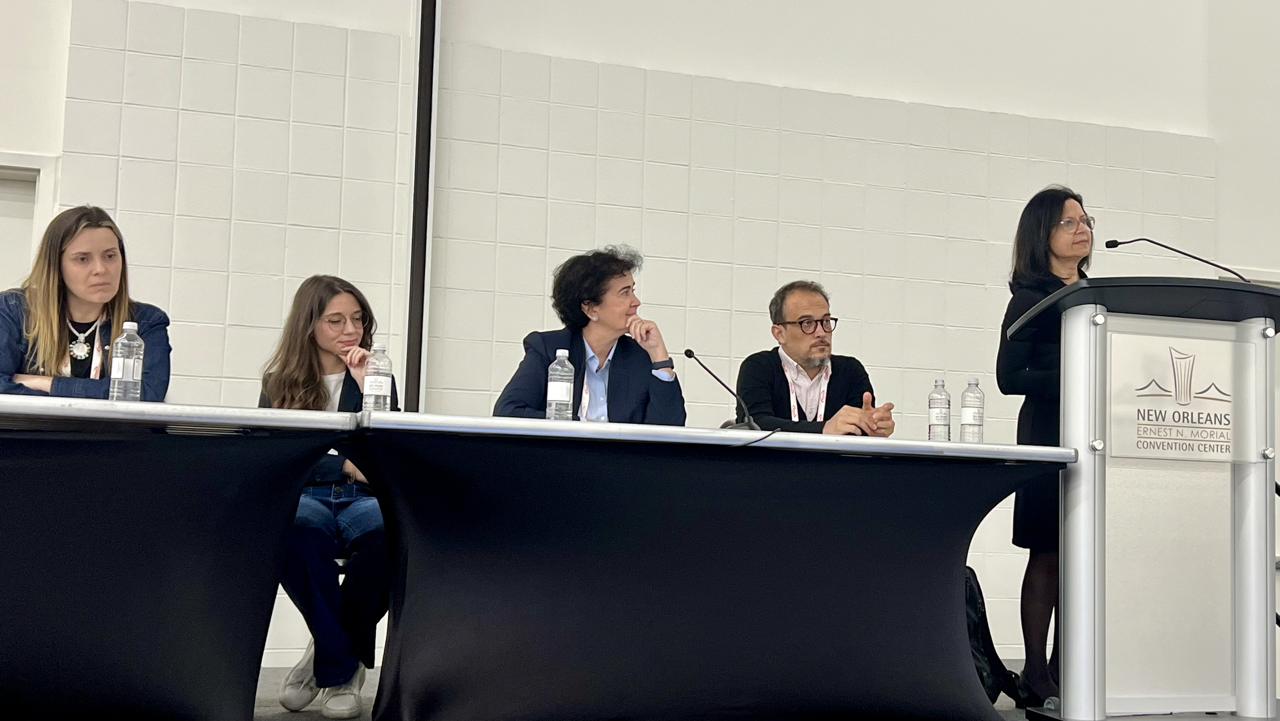ASTMH Annual Meeting 2025
blogSoaring Dengue Caseload Adds Urgency to Search for Treatments
By: Matthew Davis, Burness

Amid a record year for dengue infections, dengue experts gathered Friday at a #TropMed24 symposium to discuss what one described as the “holy grail” of their fight against the world’s fastest growing mosquito-borne pathogen—a medication to treat the disease.
There are dengue vaccines available, and there is increasing evidence that dengue transmission can be reduced by releasing mosquitoes infected with virus-blocking bacteria called Wolbachia. And while there are significant challenges with both of these interventions, the fact that they are at least available stands in contrast to the complete lack of any dengue treatments.
“Therapy is the missing link currently, but we can see a way forward,” said André Siqueira, who leads the Dengue Global Program at the Drugs for Neglected Diseases initiative (DNDi).
DNDi is part of a new global Dengue Alliance that includes partners in Brazil, Thailand, India and Malaysia, and is committed to accelerating discovery and development of new dengue therapies.
A video shown at the symposium provided a compelling overview of the urgent need for dengue treatments and the alliance’s strategy for delivering solutions:
Siqueira and other speakers at Friday’s symposium outlined a number of issues that complicate the search for dengue treatments. They include:
- Only about 3%-5% of patients infected with dengue develop severe disease. But there are no clear biological markers to identify patients who are most at risk —markers that also could serve as targets for dengue therapies.
- Viral load may not be the sole driver of severe disease, which means drugs that reduce the amount of virus in a patient’s body may not be sufficient to protect against severe disease. Therefore, two types of treatments may be needed: drugs that target the virus and also therapies that address problems such as the dangerous inflammatory responses seen in cases of severe disease.
- There are four distinct serotypes of dengue, and that means for a new treatment to gain regulatory approval, it will need to demonstrate efficacy against all four. But in places where dengue is common, the dominant serotype can change from year to year, which will complicate the quest to validate a drug candidate against each serotype.
Despite these obstacles, Siqueira said the current landscape for treatments is promising. He said that several anti-viral compounds have been identified and there are now monoclonal antibodies (mABs) targeting dengue that are being tested in clinical trials.
“There are many candidates now (available), so we have to propose the most effective way to evaluate these therapies and the fastest way to get them to the people who need them most,” he said.
Related Posts
By: Matthew Davis, Burness